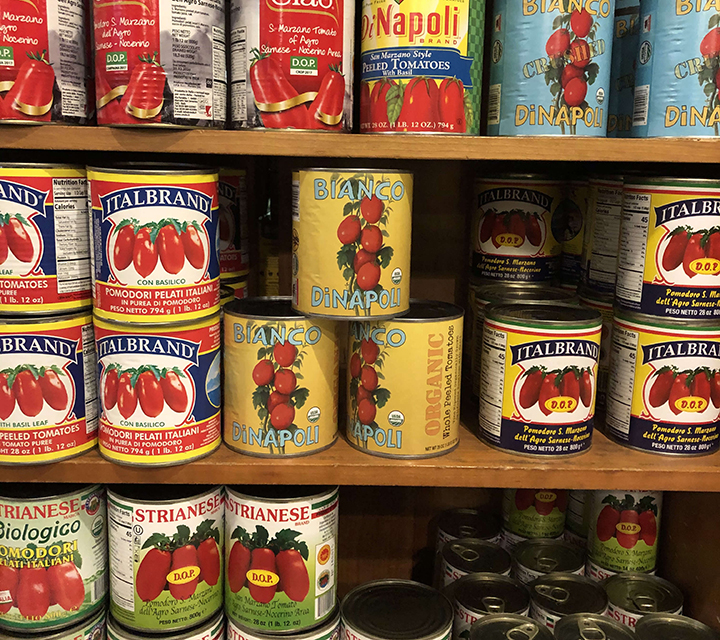

Garvin researches food history to examine how women negotiated politics in Fascist Italy and Italian East Africa (Ethiopia, Eritrea, Somalia). She also studies the history of reproductive health care in Italy from Fascism to Neo-Fascism. Garvin recently received the Fulbright Global Scholar award to support her forthcoming book on the history of coffee culture across three continents in the early twentieth century.

Diana Garvin. Feeding Fascism: The Politics of Women’s Food Work. Toronto: University of Toronto Press, 2021.


OVER THE PAST DECADE
Garvin’s historical research has been supported by over 15 international fellowships and awards, with invitations to Italy, Brazil, Ethiopia, and Eritrea. In Italy, she has worked with over 30 museums, libraries, and archives. Because many of these sites are small, isolated, and difficult to find, they have received few visits from scholars and little academic notice of their holdings. This out-of-the-way element constitutes a methodological thesis: non-traditional sites have proven more likely to hold the everyday ephemera of women’s lives.




Building on the distinctive method and approach of Feeding Fascism, Garvin is currently researching her second book, The Bean in the Machine: The Global History of Italian Coffee. Here she investigates the history of coffee culture across metropole, work site, and colony from industrialisation through the economic boom.
© Copyright 2021. DianaGarvin All Right Reserved